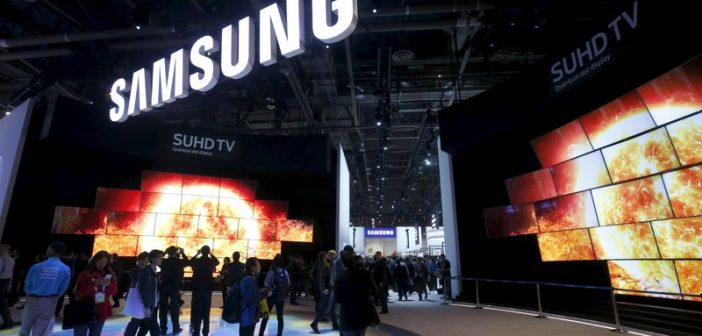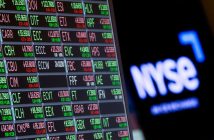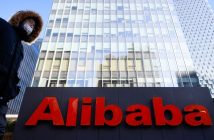Samsung Electronics’ shares fell by 1.9% on Monday, July 7, 2025, ahead of its second-quarter earnings report. Analysts anticipate a 39% decrease in operating profit, estimating it at 6.3 trillion won ($4.62 billion), marking the company’s weakest performance in six quarters.
The decline is attributed to delays in certifying and supplying Samsung’s latest high-bandwidth memory (HBM) chips to Nvidia, a leading AI chip manufacturer. Unlike competitors SK Hynix and Micron, Samsung has not significantly benefited from the booming AI-driven demand for memory chips, partly due to U.S. export restrictions to China, a key market for Samsung.
Although the company has begun supplying its HBM3E 12-high chips to AMD, shipments to Nvidia remain limited, and analysts predict minimal revenue contributions from these chips in 2025. Other business areas, including smartphones, are expected to remain steady amid concerns over proposed U.S. tariffs, adding further uncertainty.
Despite a 19% stock gain in 2025, Samsung has underperformed the broader KOSPI index, reflecting investor concerns about the company’s competitive positioning in the AI chip sector.




